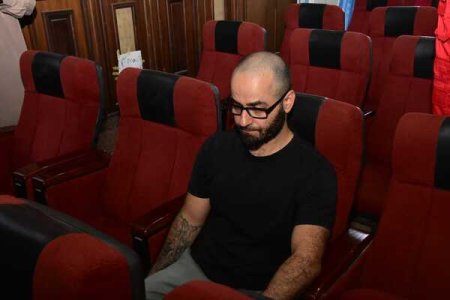
The Nigerian government plans to retain 28,000 health workers affected by the USAID funding freeze. Minister of Health, Prof. Ali Pate, emphasized efforts to secure alternative financing and boost local healthcare funding. Authorities are also expanding domestic medical production to reduce dependence on foreign aid and ensure sustainable healthcare services.
The Nigerian government has announced plans to retain 28,000 health workers affected by the recent freeze on USAID funding. The decision follows the abrupt halt of billions in U.S. aid under former President Donald Trump’s policies, which has left many countries scrambling to fill funding gaps in critical health programs.
Nigeria's Minister of Health, Prof. Ali Pate, acknowledged the impact of the cuts on healthcare services, particularly in the fight against malaria, tuberculosis, and HIV/AIDS. However, he emphasized that the government is taking proactive steps to absorb the affected personnel into the national system, ensuring continued medical services for millions of Nigerians.
The freeze has highlighted Nigeria’s long-standing dependence on foreign aid in its healthcare sector. With USAID historically funding a significant portion of medical programs, including salaries for thousands of workers, the sudden shortfall presents a major challenge. Nonetheless, Prof. Pate assured that the government is committed to boosting local funding and infrastructure to reduce reliance on external assistance.
Efforts to secure alternative financing, including a nearly $1 billion government-backed initiative, are underway to strengthen Nigeria’s health sector. In addition, authorities are working to expand domestic production of essential medicines and medical equipment to mitigate the effects of the funding cuts.
While the loss of USAID support raises concerns about short-term service disruptions, the Nigerian government insists that long-term plans will create a more self-sufficient healthcare system.




